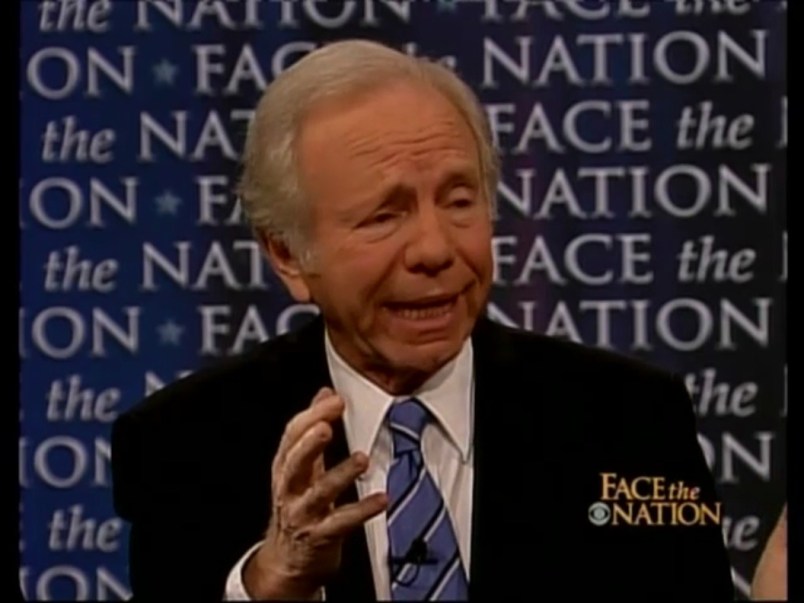While en route to a meeting of the Democratic caucus this evening, where members will discuss his threat to filibuster health care reform, Sen. Joe Lieberman (I-CT) addressed charges of hypocrisy over an alternative to the public option. Sort of.
“I didn’t change my mind,” Lieberman insisted. “I’ve been in this position for the last few weeks.”
“We’ve got this very strong network and system of subsidies for people, including people who are 55-65 so the idea of the Medicare buy in no longer was necessary because they’re taken care of very well under the Finance Committee proposal,” Lieberman said.
For years, Lieberman had supported the idea of a Medicare buy-in as a promising vehicle for reform, including, as TPMDC first noted this morning, as recently as three months ago. Asked specifically about his position this past September, Lieberman now says that the Senate Finance Committee bill, finalized in October, dealt with the problem of the uninsured so well that the buy-in became redundant.
Experts might disagree with that contention, but what’s particularly noteworthy is that the architecture of all of the health care reform proposals this Congress, stretching back almost a year, included a program of providing subsidies for uninsured people to buy policies on the individual market. The HELP bill, which passed that committee well before Lieberman’s September interview, called for subsidies for the uninsured, as did early drafts of the Finance Committee’s package, and the House bill. So it’s not as if Lieberman didn’t know that subsidies would be central to Democratic health care reform package for quite some time.
Separately, Lieberman wasn’t particularly opposed to the Medicare buy-in idea last week, months after he’d had time to conclude that his old pet idea was no longer necessary.
We’ll get you more on this when we can.






